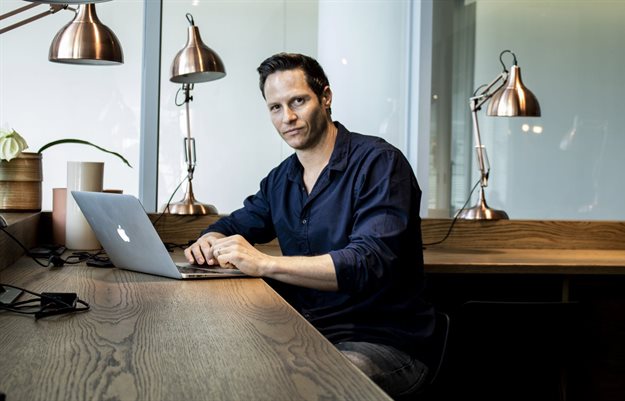
One source describes SPaaS as a “paradigm shift in the way in which the commercial real estate industry has provided products and services to tenants and has changed the role of commercial landlords from rent collectors to service providers”.
The premise of SPaaS is simply that we need to rethink how commercial space is utilised as part of an effort to get the most out of it. While SPaaS can be applied to all forms of commercial space, it is office space that is the most influenced by this shift in thinking about work space.
The efficiency of the traditional office space was already in question when the Covid-19 pandemic struck. The disruptive influence it had on where we work is well documented, but even as people returned to the office, it became clear that the traditional office is not suitable for an increasing preference (on the part of both employee and employer) for a hybrid model that allows for a combination of working from home and working from the office.
Increasingly, landlords are realising that simply providing an empty shell is not enough. Tenants are looking for a full-service offering that includes furniture, fixtures, connectivity and cleaning, among other things. The thinking is, from the tenant’s point of view, if we’re going to be renting space at all, it needs to include all the basics, but the difference lies in the bells and whistles. SPaaS is not just about making the space itself available, it’s about the amenities, facilities and features that make it a pleasant, fit-for-purpose, all-inclusive space that is customised to meet the exact needs of a particular tenant.
Unsurprisingly, technology plays a key role in the proliferation of SPaaS. Thanks to increased (and improved) connectivity and the widespread adoption of cloud computing, work is able to happen more seamlessly and independently of one particular space.
Interesting to note is that while SPaaS has its roots in the gig economy, where space is rented by freelancers, digital nomads or others not linked to an organisation, increasingly both SMEs and corporates are making the transitions to serviced office spaces. It’s about the convenience, the flexibility, the cost effectiveness and the ease of customisation.
Entrpreneur.com describes SPaaS a “critical component of the sharing economy”, praising its cost effectiveness and flexibility as well as recognising that it offers access to premium addresses and allows for activity-based working. And like other major players in the sharing economy, it started off as something that appealed to a younger generation, the early adopters and the non-conformists. But it quickly grew to enjoy widespread adoption and acceptance. SPaaS is proving to be on a similar trajectory.
Increasingly, corporates are also opting to move their operations to a serviced office space facility that eliminates the hassle and cost associated with office management. By way of example, in our own business, we’ve been seeing an exponential increase in interest from corporates ready to join the ranks of Broll, Doha Bank, Macquarie and Expedia, who have long been proponents of the serviced office space.
Like any disruption, SPaaS will change how the industry operates and is viewed. The challenge for commercial real estate landlords is to react timeously and creatively to ensure they don’t join the ranks of yet another unoccupied office building.